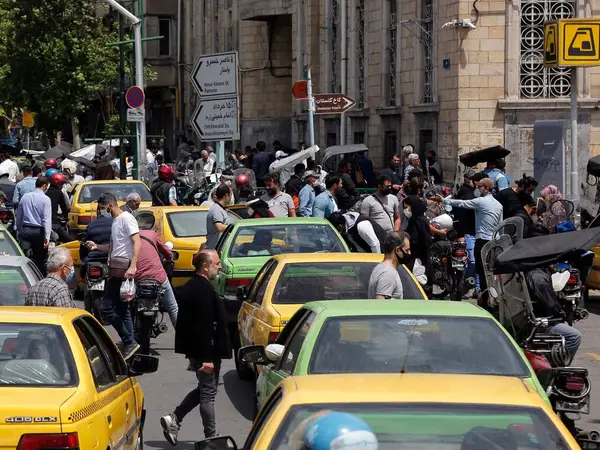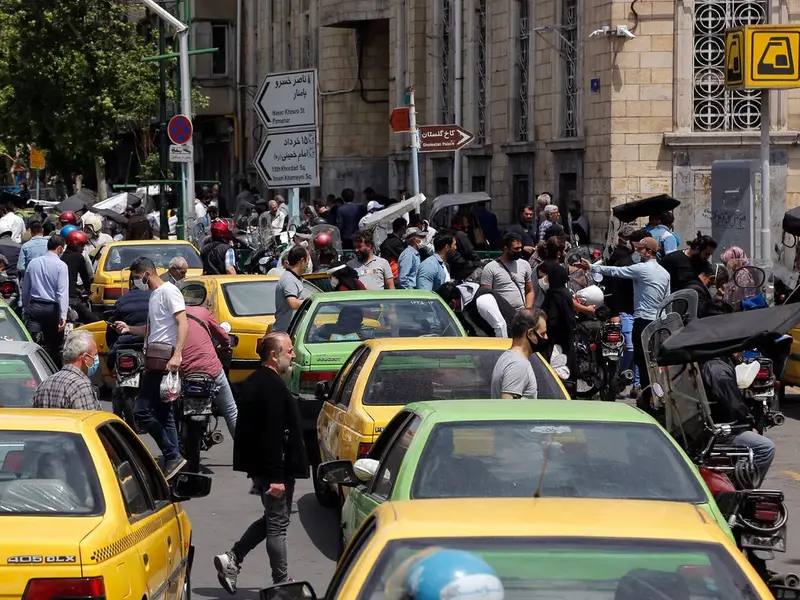With the recent steep fall in the value of Iran's currency, rial, and surging inflation, fares have surged in public transport in Tehran, with taxi fares increasing as much as 45%.
The new tariffs, which came into force Saturday, would also include an average 28 percent hike for metro services and a 26 percent rise for buses. The changes were implemented after obtaining approval from the Tehran City Council and the Tehran Governorate.
The rise in transportation costs comes at a time when the country is experiencing one of the acutest economic crises in recent Iranian history. Observers caution that the fare hikes may exacerbate inflationary pressures further, as the cost of goods transportation also climbs, leading to higher consumer prices.
The high transport costs might also drive commuters to lower-cost but environmentally unfriendly alternatives like personal vehicles or motorcycles which will escalate traffic congestion further, increase emission levels, and degrade air quality.
This comes as a recent study revealed that one in three Iranians lives below the poverty line. This would mean that a family of three in Iran needs at least $400 a month to come to a level of at least meeting essential needs. However, the new minimum monthly wage has been set at 115 million Iranian rials or about 170 US dollars.
This has led to hard times for citizens, where many people find it difficult to afford some of the most essential dietary requirements, such as meat, fruits, and vegetables. Although authorities have given repeated vows to control inflation, the pledges have frequently fallen short, echoing previous unmet commitments.

